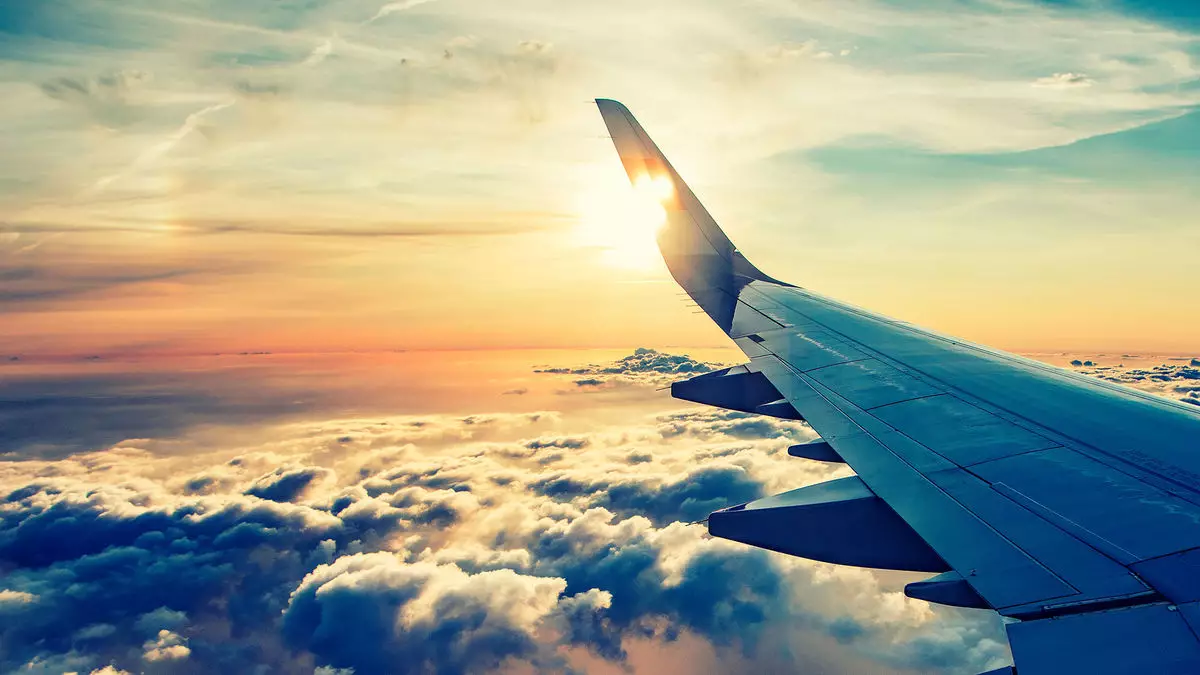The U.S. Department of Transportation Secretary Pete Buttigieg recently issued a stern warning to airlines regarding their compliance with refund requirements. This warning came after the DOT received thousands of customer complaints about airlines potentially misleading travelers about their right to a refund. In a letter addressed to the CEOs of the ten largest U.S. airlines, Buttigieg emphasized the importance of transparency and honesty when communicating with passengers.
The CrowdStrike IT outage that occurred on July 19 had a significant impact on the airline industry, leading to 3,400 U.S. flight cancellations on that day alone. This outage contributed to over 13,000 delays, creating chaos for both airlines and passengers. Subsequently, airlines such as Delta and United struggled to manage the high volume of cancellations, with Delta ultimately canceling over 6,300 flights over a six-day period. This IT outage highlighted the importance of clear communication and efficient customer service in times of crisis.
The FAA Reauthorization Act, which took effect in May, establishes that refunds are the default option for customers whose flights are canceled or significantly delayed. This means that airlines must provide refunds unless passengers choose to rebook on another flight or accept a voucher or flight credit. It is essential for airlines to proactively inform customers of their right to a refund, especially in cases of significant delays exceeding three hours for domestic flights or six hours for international flights. Secretary Buttigieg emphasized that airlines cannot automatically issue vouchers or flight credits without offering a refund as an option.
Secretary Buttigieg’s letter serves as a reminder to airlines to adhere to the regulations outlined in the new FAA law. Airlines must clearly communicate to passengers their entitlement to a refund in the event of a flight cancellation or significant delay. Additionally, airlines must ensure that any vouchers offered to passengers are valid for at least five years, providing flexibility and convenience to travelers. The ten primary U.S. airlines, including Alaska, Allegiant, American, Delta, Frontier, Hawaiian, JetBlue, Southwest, Spirit, and United, must prioritize refund compliance to maintain customer satisfaction and trust.
The U.S. Department of Transportation’s warning to airlines underscores the importance of transparency and accountability in the aviation industry. Airlines must prioritize customer service and compliance with refund requirements to uphold their reputation and meet the expectations of travelers. By following the guidelines set forth in the FAA Reauthorization Act, airlines can enhance the overall travel experience for passengers and promote trust and loyalty in the industry.


Leave a Reply